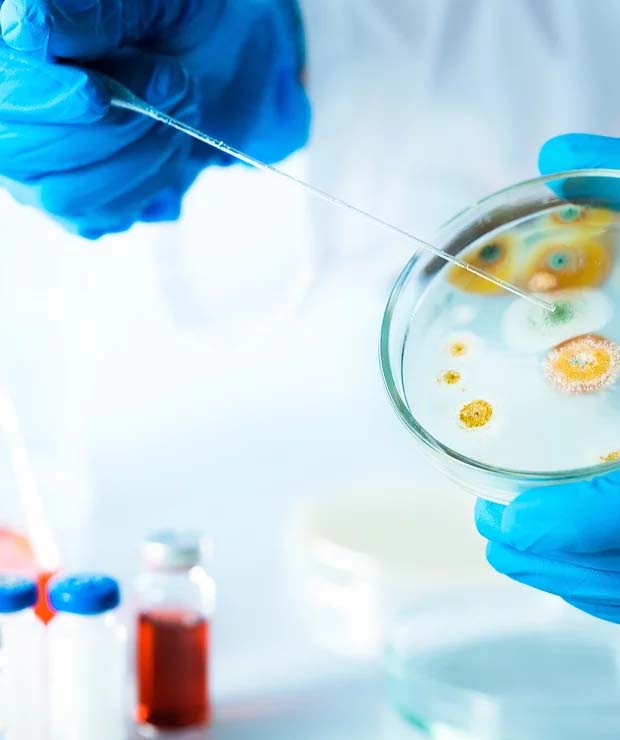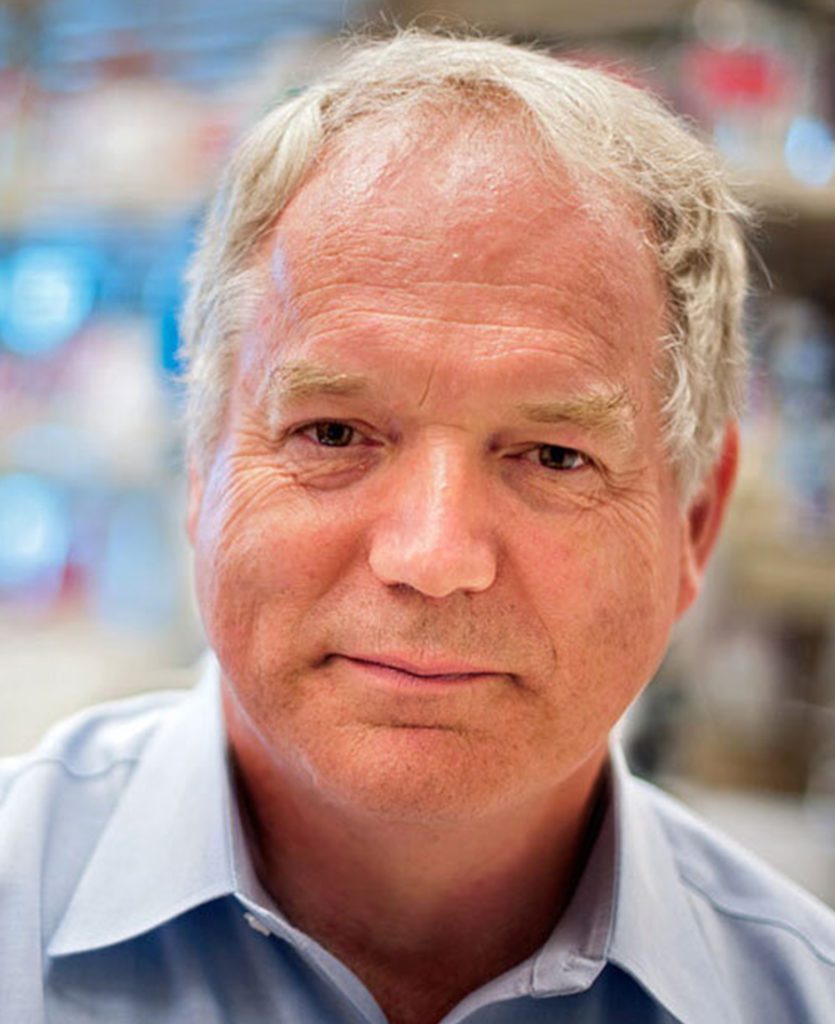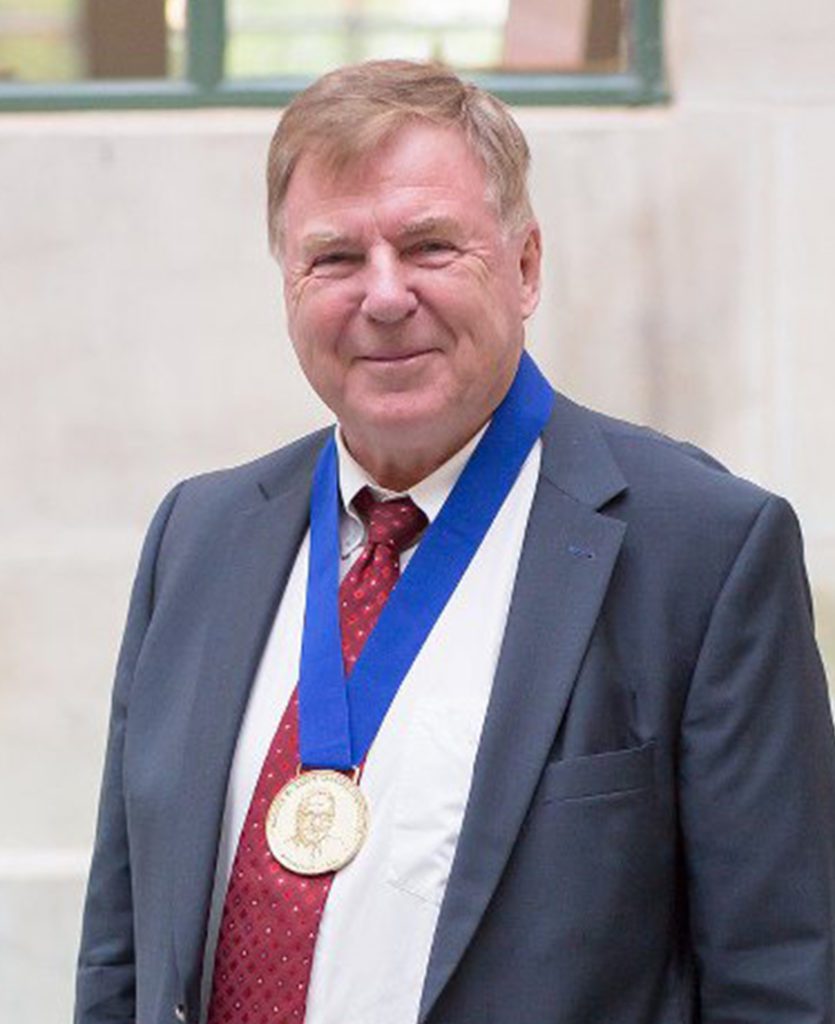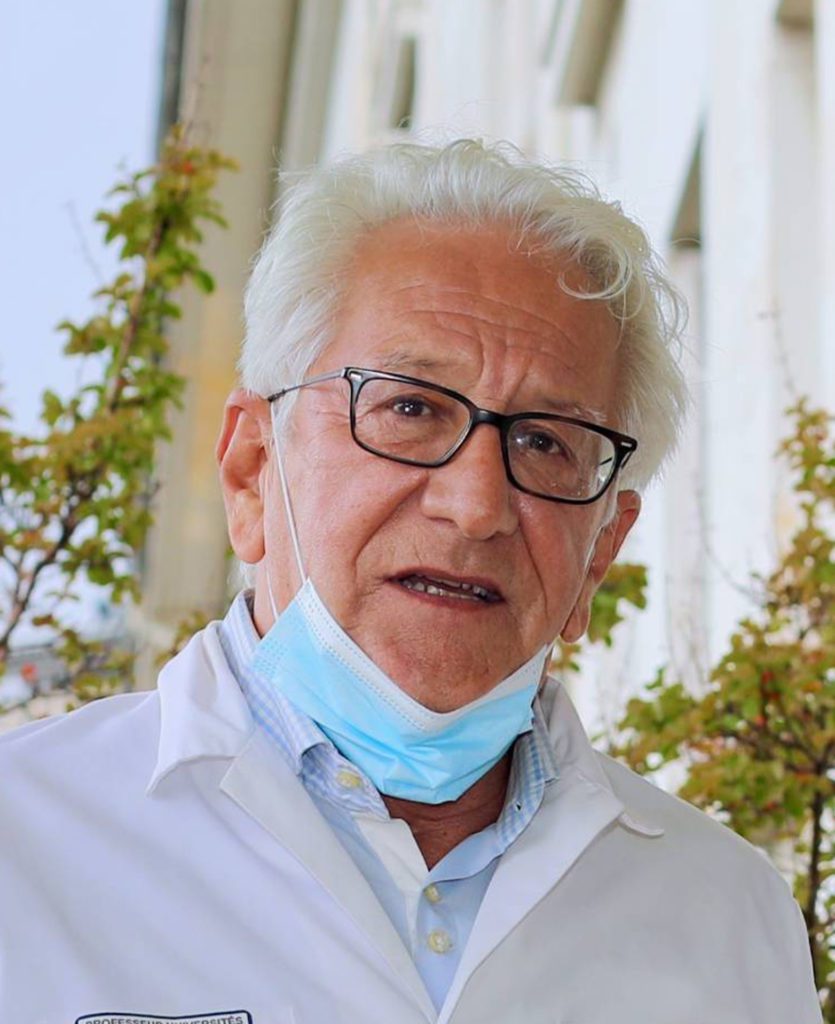About

About EpitoGenesis, Inc.
Prophylactic & Therapeutic Vaccines
EpitoGenesis, Inc. is a biotechnology company, which was established in November of 2008, to design and develop all-natural efficacious immune enhancing adjuvants and delivery systems for prophylactic and therapeutic vaccines with a strong emphasis on safety. Our goal is to eliminate vaccination side effects such as site of injection pain and swelling, fever, etc.
Management & Advisor Board
Our passion for creating meaningful change for clients is what sets us apart. The Startup Savvy staff believes in the potential of our great idea, and it truly shows in all of our work. Our team works tirelessly in order to bring you a better tomorrow. To learn about our superstars individually, please have a look below.

President & CEO, Founder
Shohre Golestani
Entrepreneur with several years of experience from the financial industry, and over ten years of experience in the biotech arena. Her creative mindset challenged the traditional approaches to vaccine design. Through her leadership, the NIDS technology was validated through non-dilutive competitive government grants and awards.

Michael Houghton, PhD.
Sir Michael Houghton is a British scientist and Nobel Prize laureate. Along with Qui-Lim Choo, George Kuo and Daniel W. Bradley, he co-discovered Hepatitis C in 1989. He also co-discovered the Hepatitis D genome in 1986. The discovery of the Hepatitis C virus led to the rapid development of diagnostic reagents to detect HCV in blood supplies, which has reduced the risk of acquiring HCV through blood transfusion from one in three to about one in two million. He is currently a Professor at the Department of Medical Microbiology and Immunology at the University of Alberta, Canada.

Jan Holmgren, MD, PhD.
Dr. Jan Holmgren, MD, PhD is Professor of Medical microbiology and immunology at University of Gothenburg, Sweden, a chair he took over in 1980 after Prof. Örjan Ouchterlony; he is also Director of the Göteborg University Vaccine Research Institute (GUVAX). JH has published more than 500 papers in the fields of microbiology, immunology and vaccinology, and he is an elected member of various societies and academies including e.g. the Swedish Royal Academy of Science and the Swedish Royal Academy of Engineering.

Cecil Czerkinsky, PhD.
A French immunologist, Dr. Czerkinsky joined the International Vaccine Institute as the Deputy Director-General for Laboratory Sciences in October 2005. Before joining the IVI, Dr. Czerkinsky has been serving as the Director of the Division of Mucosal Immunology and Vaccinology at INSERM (French National Institute of Health and Medical Research) since 1997, focusing on vaccine research and discovery of the basic mechanisms governing induction of immunity in mucosal organs.
